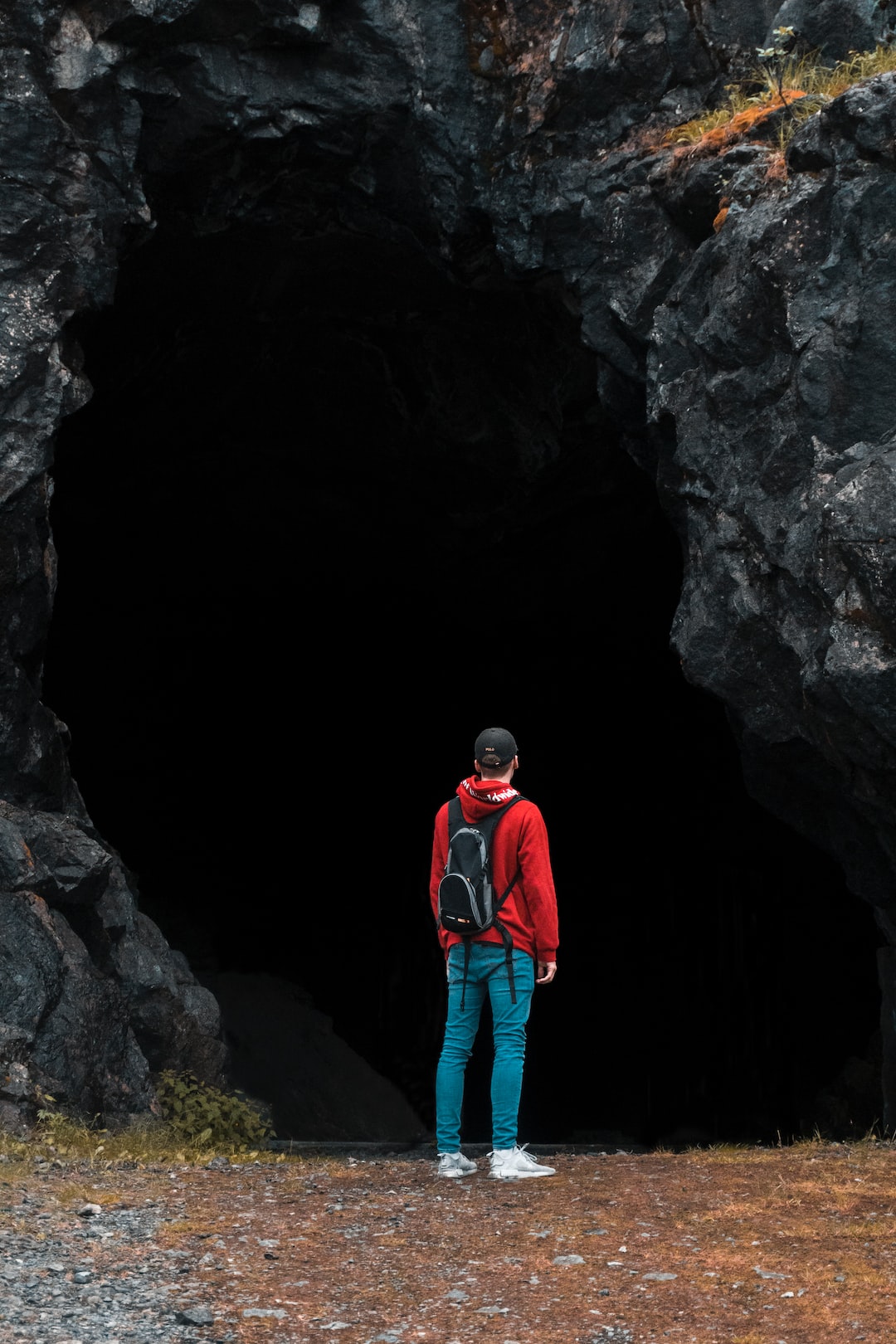
Preparing for Your First Backpacking Trip: What to Expect
Share0Backpacking can be an exciting and unique experience, but it can also be intimidating if you’re a beginner. From figuring out what to pack to choosing the right trail, there are a lot of things to consider when preparing for your first backpacking trip.
To make things easier for you, we’ve put together a guide to help you prepare for your first backpacking trip and know what to expect.
1. Choose the Right Route
Choosing the right route for your first backpacking trip is crucial. This will depend on your fitness level, the length of time you have available, and your overall experience with backpacking. You want to make sure you choose a route that is suitable for beginners and one that is not too challenging.
Some routes may have a wide variety of terrains, so choose a trail that has a mix of different terrains to help you get a better understanding of what to expect. Terrain can include rock scrambles, river crossings, and steep inclines.
2. Gear up
Backpacking requires specialized equipment. While purchasing gear can be expensive, opting for cheaper gear can compromise your safety and comfort. Invest in sturdy and functional gear for your first backpacking trip to ensure you have a positive experience.
Essential gear includes a backpack, a tent, a sleeping bag, sleeping pad, camp stove, cooking utensils, cookware, water filter, map, compass, and appropriate clothing for the conditions.
3. Plan Meals Strategically
Backpacking requires lots of energy and hydration. Planning meals strategically can help you get the energy you need to tackle challenging terrain. To save on space, you need to plan meals efficiently. Think about items you can pack that are light, easy to prepare, and nutrient-dense.
Trust us, you’ll thank yourself come dinner time if you opt for food that is easy to prepare.
4. Train
Backpacking requires lots of endurance, and the best way to increase endurance is through exercise and training. Start training a few weeks before your trip to stay in shape. Cardio such as running or cycling can help with endurance, but also include weight training to strengthen your core, upper body, and leg muscles.
Training helps your body get acclimatized to the terrain, so you don’t end up exhausted the first day of the trip.
5. Pack Smart
Packing is essential to a successful backpacking trip. You want to make sure you pack everything that you need and nothing that you don’t. Pack smart, using the “big three rule,” so you carry no more than 12 pounds. The big three rule is relatively simple: your backpack, sleep system, and shelter should weigh no more than 12 pounds together.
Packlight and avoid carrying anything that is only going to slow you down. Remember, every ounce counts, and you’ll quickly realize it when you’re a few miles into the trip.
6. Know Your Limits
Remember to know your limits. You don’t want to overdo it on your first backpacking trip, so ensure you have regular stops to rest and rehydrate. Start with easy and shorter routes and gradually build up your endurance to tackle more challenging routes. If you start feeling uncomfortable or unsafe, it’s best to turn back and try another time.
Final Thoughts
Backpacking is a great way to explore the outdoors, and proper preparation is key to having a great experience. Follow the tips we’ve shared to prepare for your first backpacking trip and know what to expect. Be responsible, pack smart, and have fun out there!
